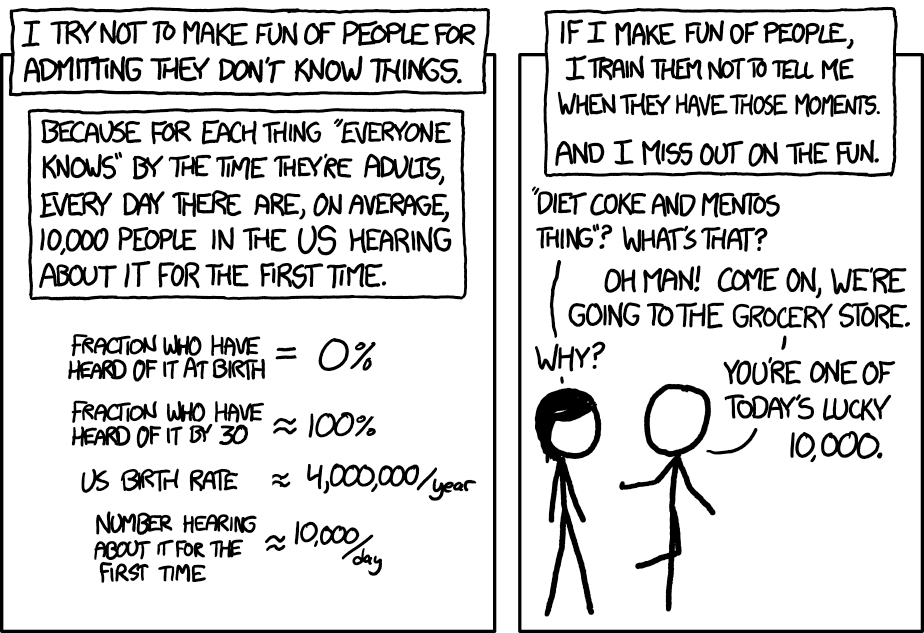

Maybe. I think the difference is that prohibition and the temperance movements were based on top-down authoritative control (at least as I understand it). Folks in charge forbade it, and people found ways to circumvent it–because they still wanted it. The younger generations today simply aren’t interested. It’s not being outlawed, it’s being left behind.
Add current research on top of that (and the messages young people receive based on that), and it might be in a serious decline for good. Or it could go the way of vinyl–a niche interest preserved by a dedicated community, but not mainstream. Or any number of things, who knows?




Fair enough, I didn’t know much about it. But it sounds like that was based on a moral imperative impressed on those who weren’t on board. But what’s happening today isn’t a moral suppression, which is why I think it might go differently.
That’s why I’m comparing it to tobacco use. The decline in tobacco use isn’t based on a moral thing–younger generations are simply not interested. And it looks like it’ll only continue to decline for that reason.
It’s possible that it bounces back (the alcohol industry marketeers will certainly try), but it’s not just a matter of removing an artificial barrier, it would involve convincing people to want it again.